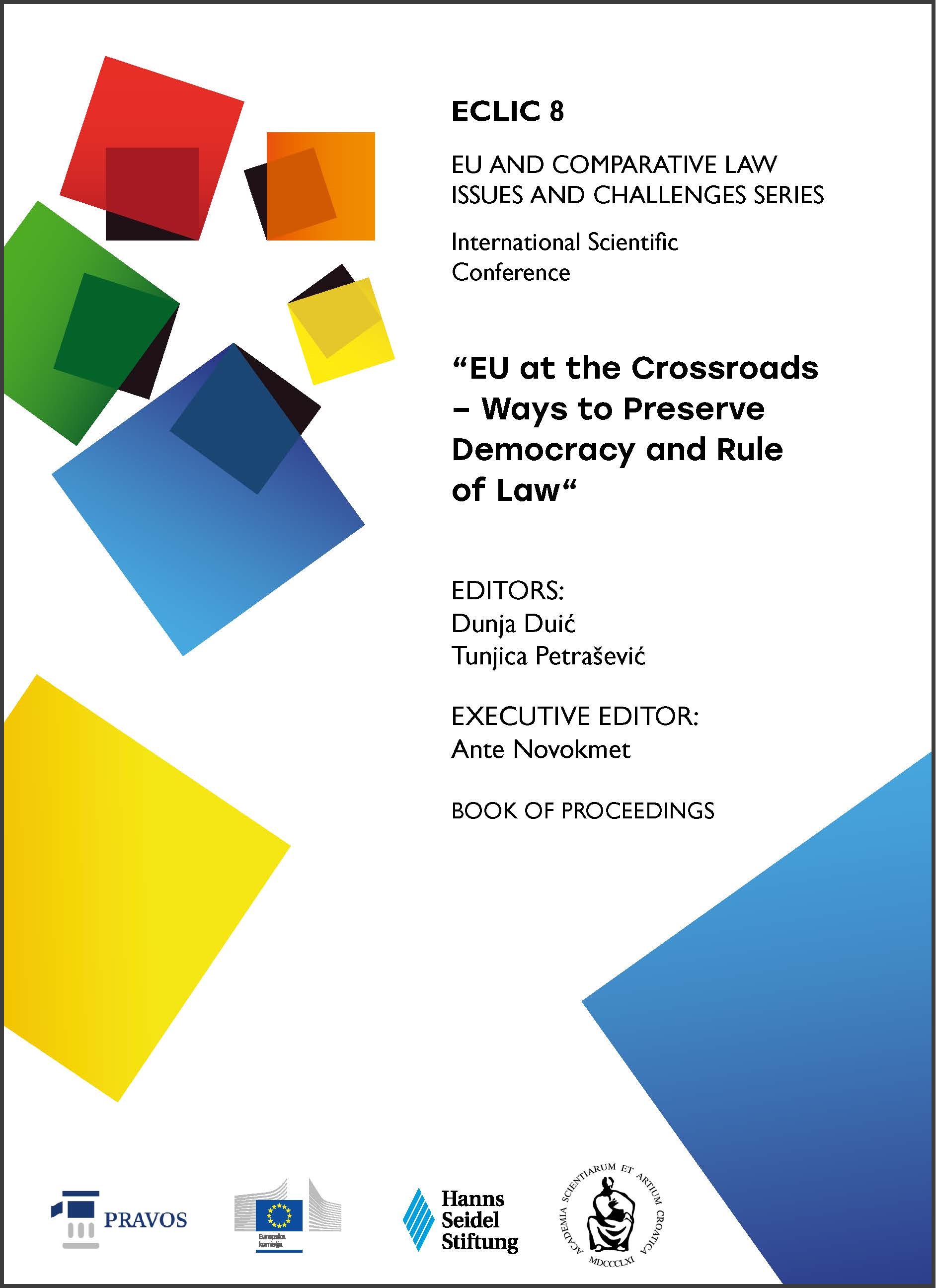JUDICIALIZATION OF INTERNAL MARKET LAW
THE ROLE OF THE CJEU IN ADVANCING THE GOODS/SERVICES DICHOTOMY
DOI:
https://doi.org/10.25234/eclic/32286Abstract
Digital, economic, and societal development has prompted the industry to shift its focus from offering products or services to bundles of products and services. Given the breadth of product-service systems in the modern economy, it is becoming increasingly important to consider how they should be regulated at the EU level. This paper investigates whether the traditional distinction between goods and services in EU free movement law applies to product-service systems. To this end, EU primary law, specifically the distinction between goods and services under Article 26(2) of the TFEU, is examined. The argument of this paper builds on the body of case-law of the CJEU where the predominance test was applied to traditional cases of product-service bundles and the medium test to cases with a digital component. It proposes a functional, normative, and constitutional inquiry to determine whether product-service systems fall under the rules governing free movement of goods, services, or a sui generis category. It concludes that coherence of EU law, rather than convergence of the two freedoms, is required to ensure predictability and legal certainty for business owners and consumers.
Downloads
Published
How to Cite
Issue
Section
License
Copyright (c) 2024 Živa Šuta

This work is licensed under a Creative Commons Attribution-NonCommercial 4.0 International License.
Authors retain the copyright on the papers published in the Journal, but grant the right of first publication to the Journal. Papers accepted for publication or already published in ECLIC of the Faculty of Law in Osijek may be published by the author(s) in other publications only with proper notice of its previous publication in ECLIC.


